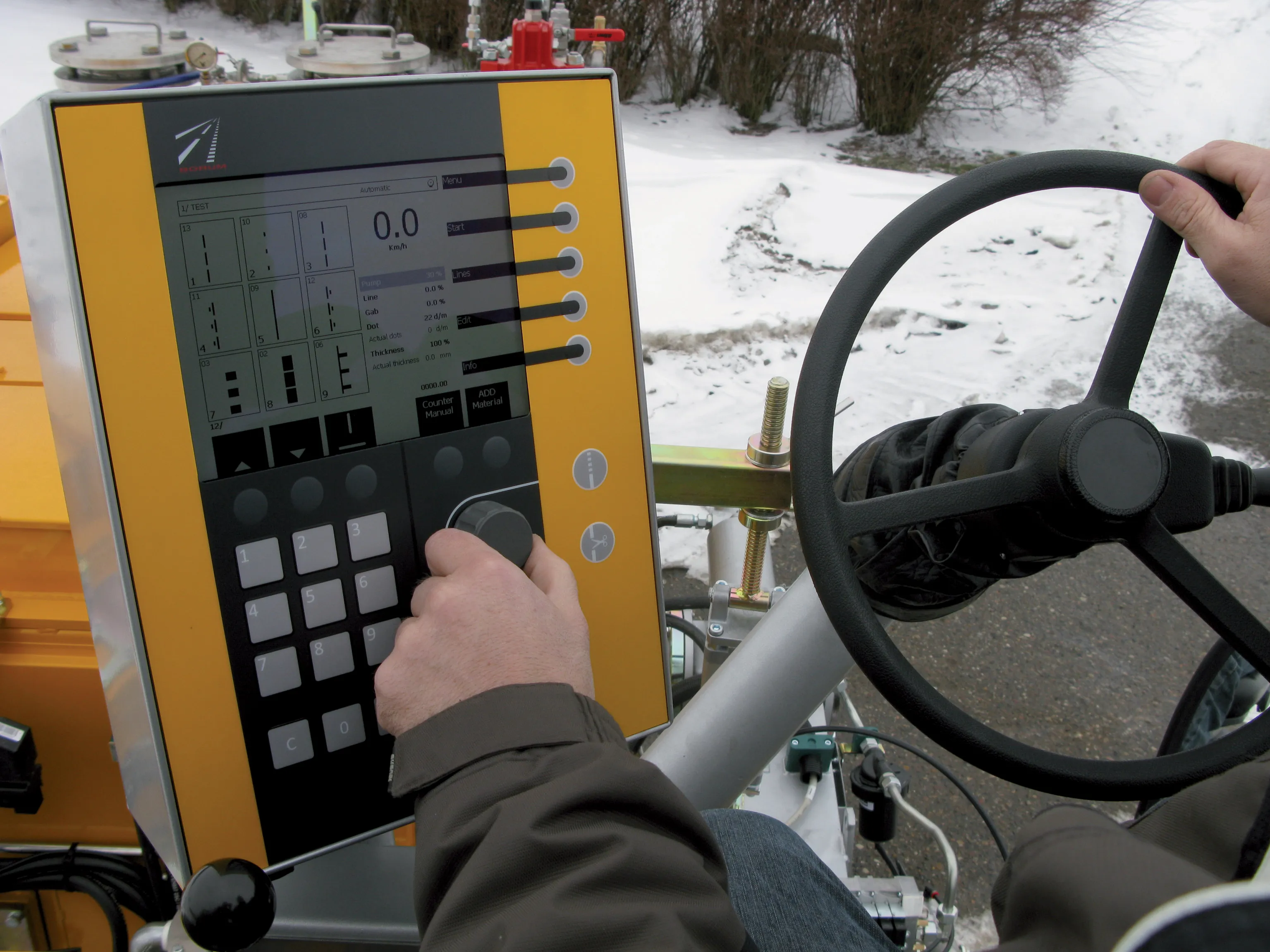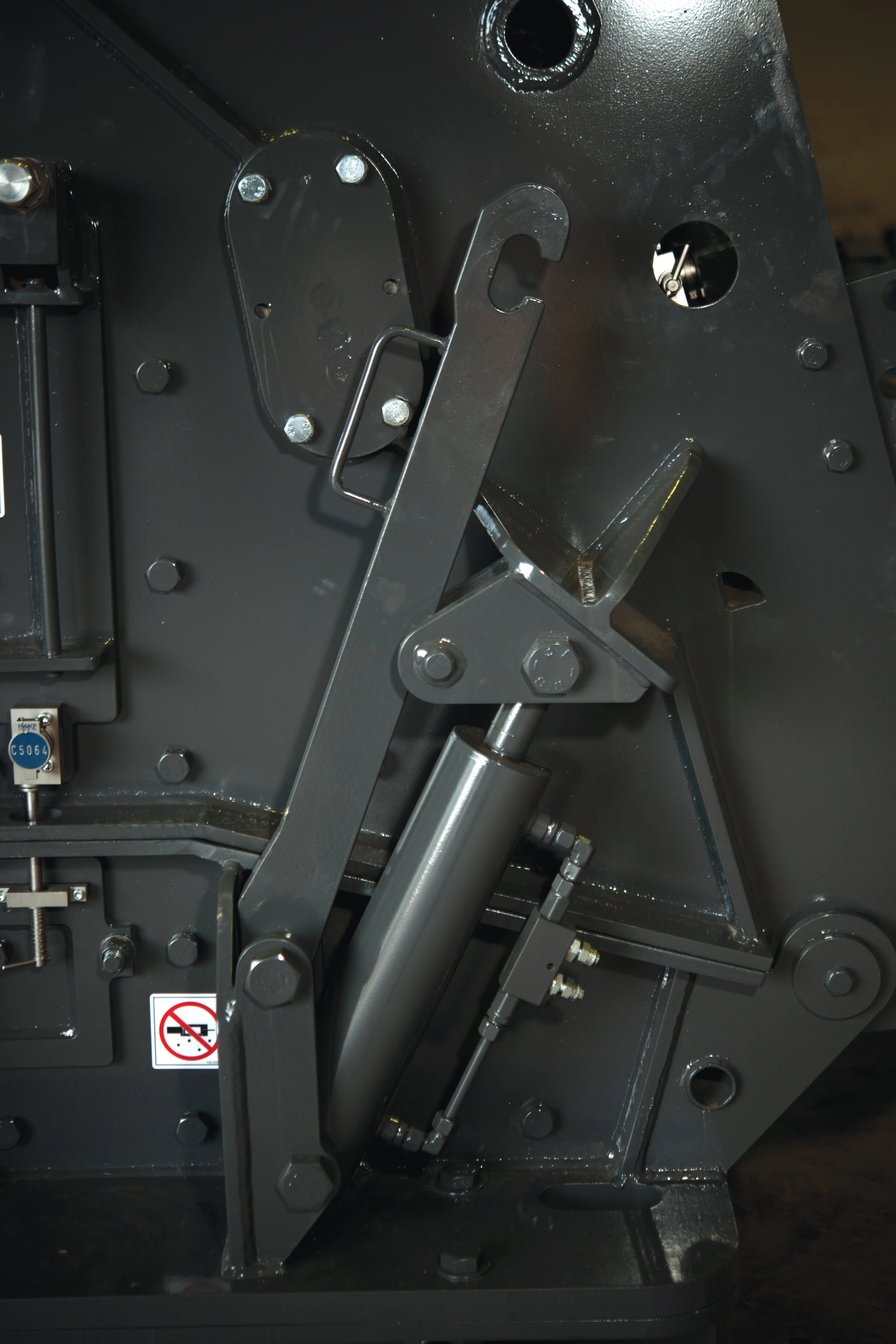
Australian company
The company's managing director Ian Brodie said: "We are looking to find some European and US distributors. We already have agents in the UK with test sights now in Birmingham (UK), Hong Kong and Singapore, and we have also delivered our first shipment into Belgium." Springy Base is designed for the harsh road conditions experienced in Australia, and according to Brodie is currently still working in test locations after three years of service where previous standard installations would survive less than two weeks.
Several spin-off products (Springy Post, Springy Delineator and Springy Chev) have been derived from the adaptable Springy Base unit with the Springy Post product a big seller in Australia.
The self-righting Springy Base system was developed as a black spot damage solution for road island-based signage, and its patented forced rotation feature uses the energy of the impact to force rotate the post and sign towards the ground minimising damage to both the vehicle and the post.
"The two-stage realignment system means the post and sign assembly will always return to the original orientation after a collision," said Brodie, who points out that being made from steel, and therefore not susceptible to UV degradation, it is designed to last and should be considered as a long term investment.
The Springy system, said to be successfully impact tested at 70km/hr-plus, is able to return a 1.6m high steel post and aluminium sign back to vertical, and its modular design allows for multiple interchangeable post options to be fitted to the one base unit.








